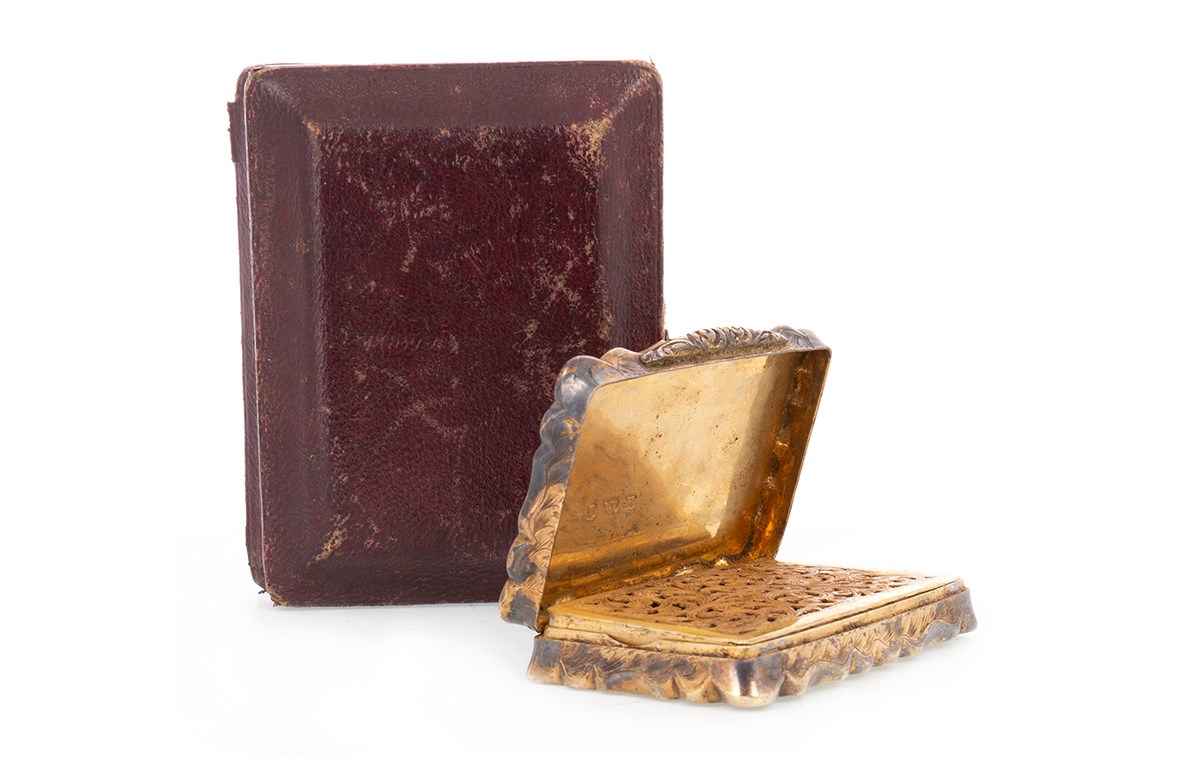Can someone smell vinegar?
Vinaigrette boxes were a must during the Victorian era due to the open sewers and stench coming from the River Thames as untreated human waste filled the banks. These small hinged containers which were often used by women would be filled with a perfume or aromatic vinegar and used to mask the smell of the city and its offensive odours. The basic recipe for the perfume which would have been soaked in a sponge and contained under a pierced grill was made from vinegar with herbs and spices, not unlike the vinaigrette dressing commonly used today on salad!
While men were forced to endure the smell of Victorian Britain, others were not able to afford these boxes or its perfume. It was thought vinaigrette boxes were an indication of social ranking as perfume was an exotic luxury. Therefore, being able to contain the perfume within a silver vinaigrette demonstrated the grandeur and wealth of its owner. It was also believed at the time the scent within these boxes did not just help to disguise the smell of the city but it also protected them from disease. This was rather wishful thinking as it was not the odours of the city but the contaminated water supplies that was making people ill.
Lot 846, in the upcoming Silver Auction on 19 July, is stamped AT for the maker Alfred Taylor and was assayed in Birmingham in 1857. These particular markings are not unsurprising as 90% of English-made vinaigrettes were manufactured in Birmingham. A vast amount of vinaigrettes were manufactured between 1800- 1850 due to popular demand and vary in shape and size. As with most Vinaigrettes, the interior of lot 846 is guilt-lined to prevent the liquid from eating into the metal.
Romey Clark
What's it worth?
Find out what your items are worth by completing our short valuation form - it's free!
